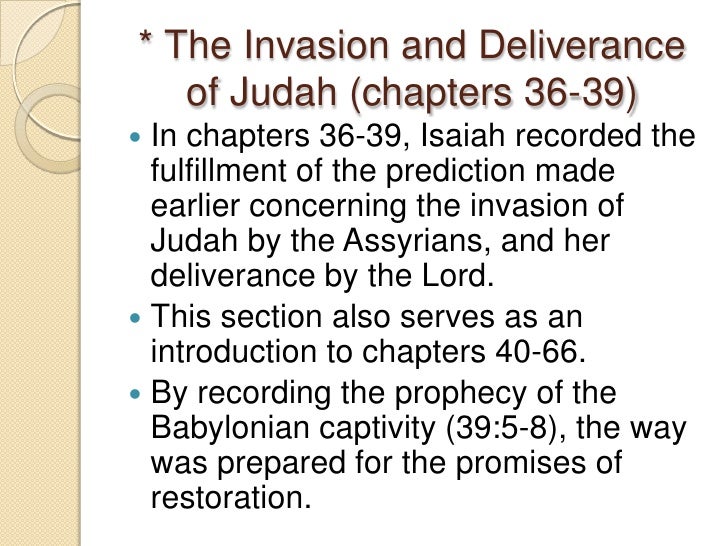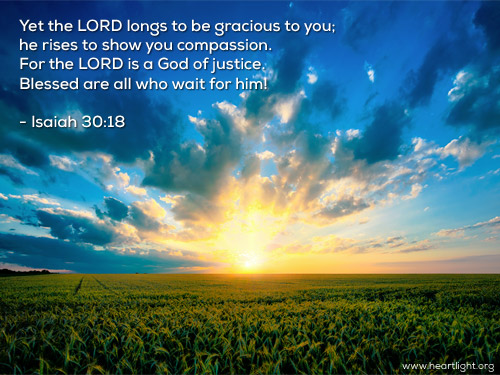Why study Isaiah?
"Of all the books in the OT, Isaiah is perhaps the richest. Its literary grandeur is unequaled. Its scope is unparalleled. The breadth of its view of God is unmatched. In so many ways it is a book of superlatives. Thus it is no wonder that Isaiah is the most quoted prophet in the NT, and along with Psalms and Deuteronomy, one of the most frequently cited of all OT books. Study of it is an opportunity for unending inspiration and challenge. ...the book of Isaiah...comes to us as a word from God, a revelation of the inevitable conflict between divine glory and human pride, of the self-destruction that pride must bring, and of the grace of God in restoring that destroyed humanity to himself. To read the book with the open eyes of the spirit is to see oneself, at times all too clearly, but also to see a God whose holiness is made irresistible by his love." John Oswalt, The Book of Isaiah, 1986.
"In terms of theological significance, the book of Isaiah is the 'Romans' of the OT." Barry G Webb, The Message of Isaiah, 1996.
"Isaiah is the Paul of the OT in his teaching that faith in God's promises is the single most important reality for the Lord's people: this is the heart of ch. 1-37. He is the 'Hebrews' of the OT in his proposal of faith as the sustaining strength of the Lord's people in life's dark days: this is the heart of ch. 38-55. He is also the James of the OT in his insistence that 'faith works,' proving itself in obedience: thus ch. 56-66." J. Alec Motyer, Isaiah, 1999.
What Bach's first biographer said about his music applies to Isaiah's prophecy:
"[Bach's music] is not merely agreeable, like other composers,' but transports us to the regions of the ideal. It does not arrest our attention momentarily but grips us the stronger the oftener we listen to it so that, after a thousand hearings, its treasures are still unexhausted and yield fresh beauties to excite our wonder."









